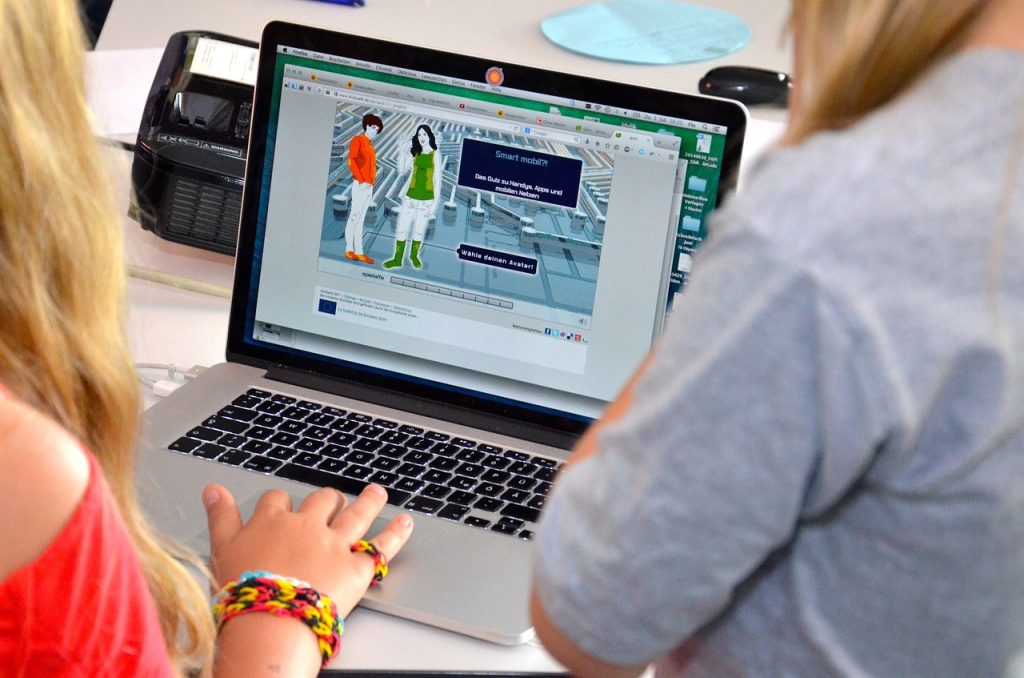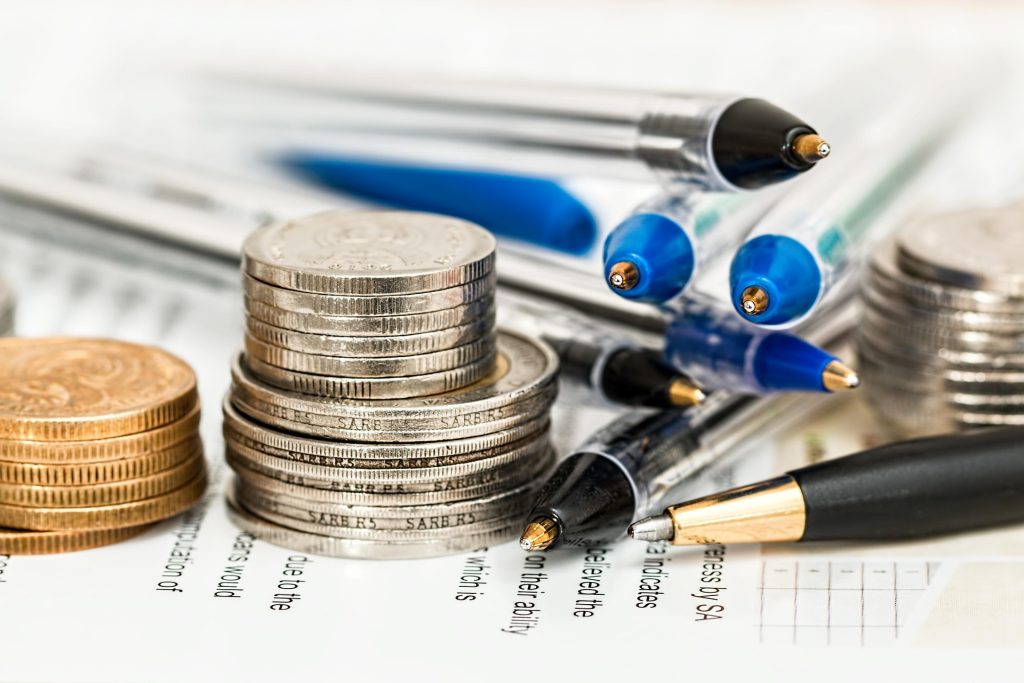More people than ever now understand the fundamentals of money management. Whether one is just starting in life financially or wants to increase his or her knowledge of financial matters, good financial literacy can mean the difference between stress and freedom. But what is financial literacy, and how to improve it? Let’s plunge into it.

What is financial literacy?
Financial literacy is being able to comprehend and manage one’s personal finances properly, pertaining to budgeting, saving, investment, and management of debt. It goes beyond balancing that checkbook-even though that remains important-but essentially involves making proactive, informed choices that will have you live within your means, grow your money, and guard your future accordingly.
Being financially literate entails your capability to:
Budget reality: Know exactly where your money goes each month and save portion-wise for basic needs and future goals.
Decrease debt, eliminate it: Understand the meaning of interest rates, plans to pay off that debt, methods to retire credit cards or loan debt.
Making smart investment choices: Everything from retirement accounts, stocks, bonds-knowing just how investments work can help expand your wealth.
Safeguard your hard-earned money: Understanding insurance, estate planning, and emergency funding sets a foundation so that the ups and downs of life do not wreak havoc on your finances.

Why Financial Literacy Matters
Helps You Make Better Decisions About Money
People with financial literacy tend to make better choices about budgeting, saving, and investing. They realize how current decisions may affect their long-term financial futures, whether it’s overusing open credit or not building up a retirement nest egg.
Empowers You to Reach Your Goals
Financial literacy is at the core of your goals: be it to buy a home, travel around the world, or retire early. It gives you the capacity to break down these goals into attainable steps, prioritize what is most important to you, and track progress toward those milestones.
Reduces Financial Stress
Money is one of the major causes of stress for many people. Once you understand your finances well and know how to manage them, anxiety can be reduced, and a sense of control over your money attained.
Protects You from Scams and Financial Pitfalls
Poor financial literacy makes you more vulnerable to fraud, lousy financial products, and poor investment choices. Financial literacy helps an individual to watch out for warning signs and make better decisions when it comes to money.

How to Improve Your Financial Literacy
Improving your financial literacy doesn’t require a degree in finance—it simply involves committing to learning more and applying that knowledge to your life. Here are some actionable steps to improve your financial literacy:
Read Personal Finance Books
Books are a great resource for in-depth financial education. Here are some highly recommended titles:
The Total Money Makeover by Dave Ramsey: A step-by-step guide to budgeting, saving, and paying off debt.
Rich Dad Poor Dad by Robert Kiyosaki: A financial classic where the author changes your mind regarding money and building wealth.
I Will Teach You to Be Rich by Ramit Sethi: Money management, investing, saving automatically-the book covers it all with actionable advice.
Follow Blogs and Podcasts
Blogs and podcasts are really great for on-the-go absorption of financial knowledge. Some great sources for financial advice come from the following:
The Money Muse: Yours truly! Practical personal finance tips for anyone to take ownership of their money.
The Budget Mom: Covers budgeting strategies in real-life, real situations.
Smart Passive Income Podcast by Pat Flynn: Helps with online business, side hustles, and smart investing strategies.
The Take Online Courses
Websites like Coursera, Udemy, and Khan Academy provide free or very affordable in-depth courses on personal finance. At your own pace, you’ll be able to build a foundational understanding of budgeting, investing, taxes, and beyond.
Leverage Personal Finance Applications
Tools like Mint, YNAB, and Personal Capital will give you insight into your income against expenses, setting budgets, and even visualizing your financial goals. The more you work within these apps, the more you will learn how money is coming and going throughout your life and how to move it better.
Join Financial Communities
Join online communities or in-person meetups where you talk about money, ask questions, and learn from others. Places like subreddits, such as r/personalfinance or personal finance Facebook groups, can do the trick: free advice out of a number of people facing similar life scenarios.
Smaller, Attainable Goals
First, set the small goals: For instance, track where your money goes for a month, save up for emergencies, etc. These small wins give one a motivation boost to continue in learning and improving financial literacy.

Start Now
Your journey in improving financial literacy is lifelong, but with each step, it takes you closer towards financial freedom. Start small, be consistent, and just learn. Your future self will thank you.
By becoming more financially literate, you’re not just learning how to manage money better, you’re learning how to make your money work for you, achieve your goals, and live a life free from financial stress.
How to take action on this: Commit to investing only 20 minutes a day in reading up on personal finance. It may be a chapter in a book, an article from a blog, or an episode from a podcast, but small daily learning sessions will get you going toward building the knowledge base that is needed.
What resources have you found helpful for improving your financial literacy? Please share in the comments section!

Leave a Reply